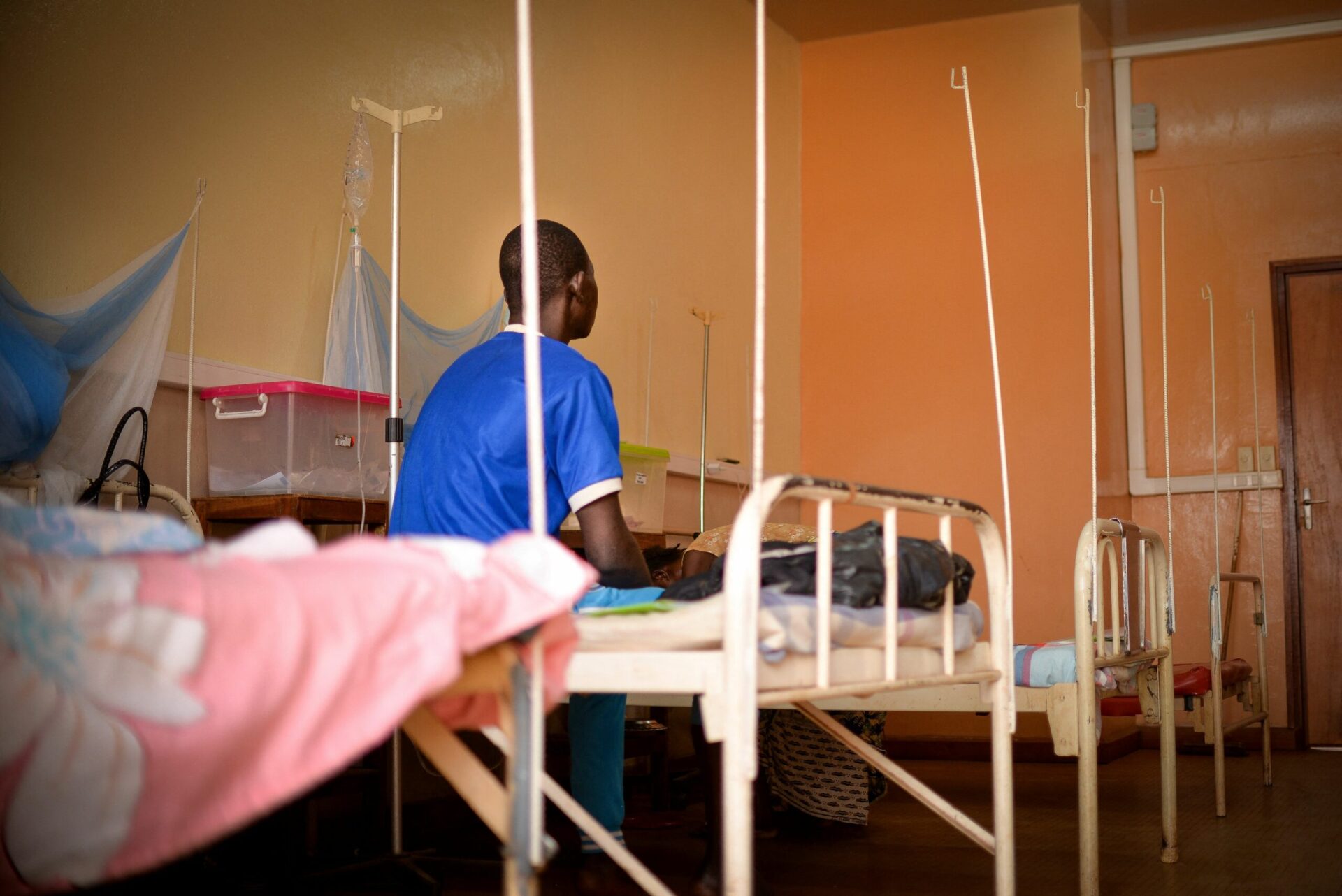
February 10, 2025
UNAIDS Chief Warns HIV Infections Could Increase Without U.S. Support
The warning from UNAIDS Executive Director Winnie Byanyima comes after President Donald Trump announced the U.S. would freeze all foreign assistance for 90 days.
The head of the UNAIDS agency is worried that new HIV infections will increase more than six times by 2029 without American support. The warning from UNAIDS Executive Director Winnie Byanyima comes after President Donald Trump announced the U.S. would freeze all foreign assistance for 90 days. However, experts fear the president will cut off funding permanently.
“We will see a surge in this disease,” Byanyima said, speaking from Uganda, told the Associated Press. “This will cost lives if the American government doesn’t change its mind and maintain its leadership,” making it clear to reporters that it isn’t her place to criticize any government’s policy.
UNAIDS is the world’s leading organization for collecting and analyzing HIV and AIDS data. According to Byanyima, HIV infections have decreased over the last 20 years. In 2023, 1.3 million new cases were reported, a 60% decline since the virus peaked in 1995.
Without U.S. support, Byanyima says there could be close to 9 million people with new infections, nearly seven million deaths, and an additional three million or so children infected. She also adds that more disease-resistant strains could emerge without mitigation efforts.
Trump’s Freeze of Funding Leaves Thousands of HIV Workers Without Jobs
Byanyima says Trump’s decision to freeze funding has created panic, fear, and confusion in countries hit hardest by HIV and AIDS.
In Kenya, at least 550 HIV workers were immediately laid off. Meanwhile, thousands of people were terminated in Ethiopia. The layoffs mean health officials are unable to track the epidemic.
The U.S. provided 90% of UNAIDS’ funding. Nearly $400 million is invested in Uganda, Mozambique, and Tanzania.
What’s more frustrating for Byanyima is that foreign assistance from the U.S. only accounts for less than 1% of its overall budget. She said it also doesn’t make economic sense because the lifesaving medication, lenacapavir, sold as Sunlenca, was developed by the American company Gilead, providing economic opportunity.
“[International Aid] helped an American company to innovate, to come up with something that will pay them millions and millions, but at the same time prevent new infections in the rest of the world.” The freeze in American funding, she said, didn’t make economic sense.
So far, other countries have not stepped up to assist with funding, but Byanyima hopes that changes.
“People are going to die because lifesaving tools have been taken away from them,” she said. “I have not yet heard of any European country committing to step in, but I know they are listening and trying to see where they can come in because they care about rights, about humanity.”
RELATED CONTENT: Tireless HIV/AIDS Advocate A. Cornelius Baker Dies Of Heart Disease At 63